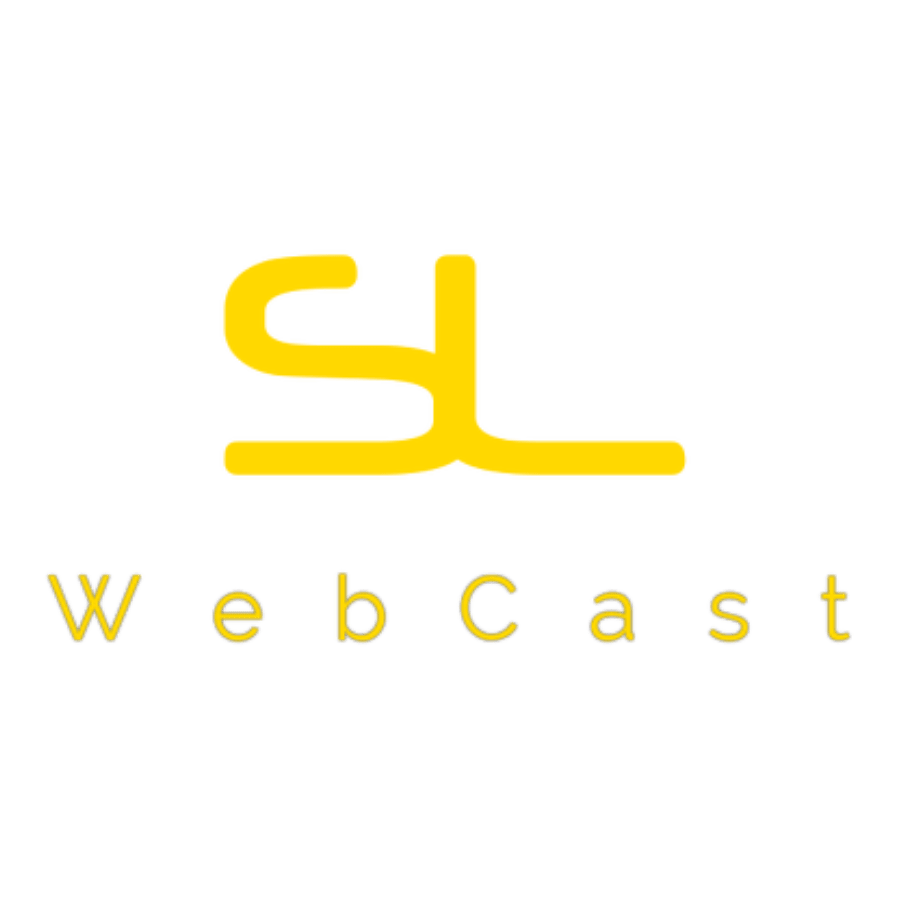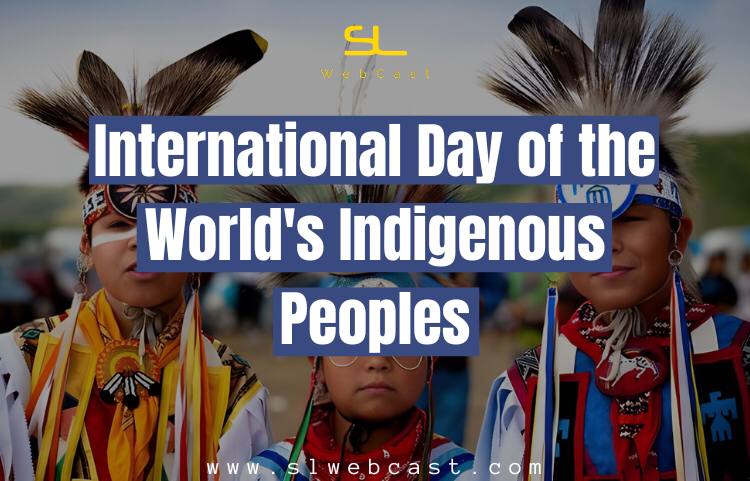Every year on August 9th, the world celebrates the International Day of the World’s Indigenous People, a significant occasion that raises awareness of the rights, cultures, and problems that indigenous communities around the world face. In 1994, the United Nations General Assembly established the day by passing Resolution 49/214. The need to safeguard and advance the rights of indigenous people, who have historically been marginalized and faced numerous difficulties in preserving their distinctive identities and ways of life, was acknowledged in this resolution.
The promotion of awareness of the rich cultural diversity and heritage of indigenous communities is one of the main goals of this day. Deep ties to the land, traditional knowledge systems, unique languages, and artistic expressions are frequently used to describe these cultures. However, modernization and globalization have threatened the survival of these cultures, which has resulted in the loss of priceless indigenous knowledge and practices. The world is reminded of the value of cultural diversity and the need to safeguard and preserve these historic traditions for future generations by designating a day to celebrate indigenous cultures.
The emphasis on resolving the issues faced by indigenous people is equally crucial. These issues include the taking of private property, discrimination, poverty, inadequate access to healthcare and education, and violations of human rights. Numerous indigenous communities still struggle with social and economic inequality, leaving them open to different types of exploitation. The International Day of the World’s Indigenous People provides a forum for amplifying their voices and highlighting the pressing need for action in advancing and defending their rights.
The day also honours indigenous people’s significant contributions to environmental preservation and sustainable development. Indigenous people frequently live in areas with significant ecological significance, such as forests, mountains, and coastal regions, and they have practised sustainable living for many years. their historical environmental knowledge.
Support for indigenous communities is an ongoing effort, not just today. The well-being of indigenous populations and ensuring their participation in decision-making processes have been priorities for governments, non-governmental organizations, and international organizations. A thorough framework for defending their rights and fostering their development is provided by the United Nations Declaration on the Rights of Indigenous Peoples, which was adopted in 2007.

Additionally, the idea of “Free, Prior, and Informed Consent” has grown in popularity as a tenet for interacting with indigenous communities on projects that have an impact on their resources and land. To ensure that development initiatives are long-lasting and mutually beneficial, respect for their rights to self-determination and consultation is essential.
Indigenous groups fought for recognition, respect, and self-determination for many years before the International Day of the World’s Indigenous People was established. The First International Decade of the World’s Indigenous People (1995–2004), a UN initiative designed to address problems faced by indigenous communities served as inspiration for it. Native American leaders were instrumental in promoting the recognition of their rights, the preservation of their culture, and the safeguarding of their ancestral lands during this decade.
The theme for the 2023 celebration of the International Day of the World’s Indigenous People will be “Indigenous Youth as Agents of Change for Self-determination.” The vital role that young indigenous people play in determining their own fates and the future of their communities is brought into sharp relief by this theme. In order to create a more diverse and sustainable world that upholds their rights and aspirations, it is crucial to acknowledge the agency, resiliency, and potential of indigenous youth.
Self-determination is one of the main topics covered by the 2023 theme. The right of indigenous communities to make decisions that affect their lives, lands, and resources is represented by the concept of self-determination. In this sense, empowering indigenous youth entails actively involving them in decision-making processes and acknowledging the importance of their voices in forming the laws and programs that have an impact on their communities. Enabling self-determination guarantees that indigenous youth have a voice in decisions affecting their development in key areas such as education, health, land rights, cultural preservation, and others.
The importance of closing the digital divide for indigenous youth is also emphasized by the theme. Access to information and technology is essential for their advancement and participation in a world that is becoming more interconnected. Giving them access to digital tools and connectivity can create new opportunities for networking, entrepreneurship, and education, which can increase their access to economic and social opportunities.

The theme also emphasizes the value of knowledge transfer between generations. Indigenous youth can be guided and inspired in their endeavours by the knowledge and experiences of older generations, which are invaluable resources. Elders and young people working together to communicate and collaborate strengthen cultural continuity and understanding.
Partnerships between governments, civil society organizations, and indigenous communities are crucial for addressing the opportunities and challenges faced by indigenous youth. Investments in sustainable economic development, vocational training, education, and healthcare can foster the development and empowerment of indigenous youth.
The theme for 2023, “Indigenous Youth as Agents of Change for Self-determination,” emphasizes the crucial role that young indigenous people play in determining their own futures and improving their communities. We can build a society that respects and values the rights, aspirations, and contributions of indigenous youth by recognizing their agency, honouring their cultural heritage, and addressing their particular challenges. Giving them the tools they need to be change-makers goes beyond issues of justice and equality.
The creation of this holiday emphasizes how crucial it is to protect the rights, culture, and general welfare of indigenous populations, who have long been marginalized, oppressed, and deprived of their land. To close the gap between indigenous and non-indigenous communities, it calls for international cooperation and coordinated efforts.
Indigenous communities preserve priceless traditions, knowledge, and spiritual beliefs that have been passed down through the generations. Their cultural diversity adds to the world’s cultural heritage and fosters an inclusive and accepting society. However, their sense of cultural identity has been seriously threatened by modernization, globalization, and socioeconomic pressures. Organizations and individuals join forces on the International Day of the World’s Indigenous People to advance cross-cultural understanding, honor indigenous arts, crafts, and customs, and promote the preservation of their rich cultural heritage.

Building a just and equitable society depends heavily on upholding the rights of indigenous people. Indigenous communities have experienced discrimination, land theft, and a lack of access to opportunities and basic services all over the world. This day serves as a reminder of the need for governments and policymakers to recognize and protect indigenous peoples’ rights to self-governance, land, and territories.
Numerous difficulties still exist despite progress in spreading awareness of the rights and struggles of indigenous communities. Indigenous populations are still plagued by infringements on their right to their land, prejudice, poor access to healthcare and education, and the loss of their cultural identity. The commemoration of this day serves as a reminder of our shared obligation to deal with these problems and build a more inclusive and just world.\
It is crucial for governments, international organizations, and civil society to collaborate in order to create a better future for indigenous people. Important first steps include empowering indigenous communities through capacity-building initiatives, advocating for inclusive policies, and fostering communication and collaboration between various groups.
The resilience, knowledge, and distinctive contributions of indigenous communities around the world are reasons to celebrate on the International Day of the World’s Indigenous People. It is a call to action that encourages us all to support these communities and work toward a world that respects human rights, values diversity, and promotes sustainable development for all. By recognizing and upholding the rights of indigenous people, we can create a more peaceful and just world in which everyone is treated with respect and dignity, regardless of their cultural background.


